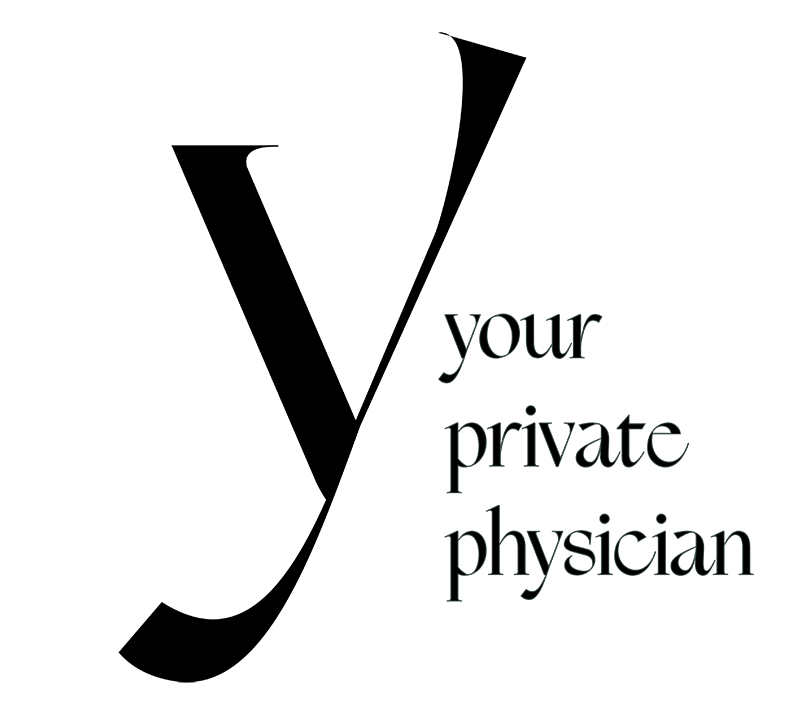Would it surprise you that you can help overcome anxiety simply by changing your diet? And did you know that your gut plays an important role in your emotional well-being? These days, the gut is known as “the second brain,” and for good reason. Let’s take a look.
What is Anxiety?
Anxiety is a common feeling that all of us have experienced at some point in our lives, ranging from mild to severe. Anxiety can have physical and emotional effects on our bodies, such as faster heartbeats, muscle tension, difficulty concentrating, sleeping problems, increased blood pressure, fatigue, etc.
The Gut-Brain Connection
Your gut and brain have a fascinating and important relationship. Your gut does more than aid with digestion; it affects mental health too. The enteric nervous system, which controls the gut, regularly converses with the central nervous system, giving new meaning to “gut feelings.”
Interestingly, approximately 70-80% of neurotransmitters—chemicals that regulate mood, sleep, appetite, and cognition—are produced in the gut. This is why some people with irritable bowel syndrome (IBS) or other digestive disorders may feel more anxious or depressed.
As you may know, trillions of bacteria live in your gut. Most bacteria are “good guys” and crucial to gut health. However, some bacteria are “bad guys,” meaning that when overgrown, bad bacteria can disrupt the balance of your gut microbiota, leading to too many bad bacteria (dysbiosis), which causes numerous health issues, including anxiety.
Here are some potential symptoms of gut dysbiosis:
- Digestive Issues (including bloating, gas, diarrhea, constipation, or irritable bowel syndrome)
- Mood Disorders:
- Skin Problems (eczema, acne, or rosacea may be associated with gut dysbiosis)
- Chronic Fatigue or Fibromyalgia:
- Weight Change
- Autoimmune Diseases
- Frequent Infection
- Bad Breath
The good news is that dysbiosis can be reversed, and a well-balanced gut microbiome improves neurotransmitter production, including serotonin, often dubbed the ‘feel-good’ hormone.
So how does gut bacteria go bad? Here is one example:
One of the most common instances of “good going bad “ is taking an antibiotic. A course of antibiotics has a profound negative effect on the gut microbiome, and the negative effects may persist for two, six, or even more months. In addition, research shows that after a course of antibiotics, the microbiome becomes more similar to that of an ICU patient than a healthy individual, increasing the prevalence of resistance genes.
Another example is the type of food we ingest. Suppose you regularly eat processed foods (manufactured and fast foods instead of whole foods).
Processed foods cause inflammation, and when inflammation increases, it reduces the gut’s ability to produce neurotransmitters such as GABA, serotonin, melatonin, and histamine, leading to a lack of sleep and, you guessed it: all of this leads to worsened symptoms of anxiety and/or depression, etc.
Improving Anxiety
Research has shown that certain foods can positively affect mood and anxiety symptoms. At Your Private Physician, we agree. We’ve seen firsthand how, when patients constantly change their eating habits, they see significant improvement in well-being.
So what can you do right now to lessen symptoms of anxiety, depression and decrease mood swings?
Very Important: Avoid Antibiotics—antibiotics harm intestinal bacteria and lead to dysbiosis and a disturbed microbiome environment, leading to mood changes, increased anxiety, or depression. Antibiotics should be taken only when absolutely necessary.
Balanced Diet: Consume a diet rich in vegetables, fruits, lean proteins, and whole grains to provide nutrients for your gut and brain.
Probiotics and Prebiotics: Include foods with probiotics (yogurt, kefir, sauerkraut, kimchi) and prebiotics (garlic, onions, bananas, oats) to enhance gut health.
Avoid Processed Foods: Minimize processed foods, sugars, and artificial sweeteners. Those substances l are harmful to your gut microbiome and lead to mood disruptions.
Choose organic, hormone and antibiotic-free foods. Current and developing research shows that pesticides, herbicides, and fungicides lead to dysbiosis.
Stay Hydrated: Drinking plenty of water helps maintain the balance of good bacteria in your gut.
Limit Alcohol: Excessive alcohol consumption can disrupt your gut microbiota and negatively affect your mood. Try to limit your intake.
Exercise Regularly: Regular physical activity, amongst many other benefits, promotes a healthy gut, influencing a positive mood and reducing anxiety.
Manage Stress: High-stress levels can upset your gut balance. Practice stress-reducing activities like yoga, meditation, or deep-breathing exercises.
Adequate Sleep: Ensure you get enough sleep. Lack of sleep can negatively impact your gut health and, subsequently, your mood.
Quit Smoking: Smoking can harm both the gut and the brain. Quitting smoking can significantly improve your gut-brain connection.
Regular Health Check-ups: Regular visits to your knowledgeable physician can help you monitor your gut health, manage any gut-related disorders, and optimize your overall health.
It’s Time to Feel Better NOW
The bond between our gut and brain underscores the importance of a well-rounded approach to wellness. This perspective celebrates the idea that a healthy body paves the way for a healthy mind.
Although we still have much to learn about the intricate details of this gut-brain relationship, it’s clear that what we eat significantly influences our emotional well-being. This understanding equips you with a powerful tool for battling anxiety, emphasizing being more mindful regarding your food intake.
Life is too short, and you deserve to be happy!
References:
https://www.health.harvard.edu/blog/nutritional-strategies-to-ease-anxiety-201604139441
https://www.drlaurendeville.com/how-your-gut-makes-serotonin/
Thursby, E., & Juge, N. (2017). Introduction to the human gut microbiota. Biochemical Journal, 474(11), 1823–1836. https://doi.org/10.1042/BCJ20160510
